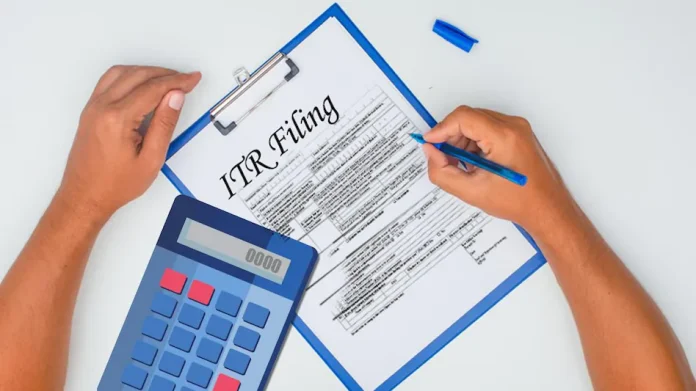Income Tax Latest News: The financial year ends on 31st March and the new financial year starts from 1st April. Now you have to file your income tax return. The last date for filing income tax from the Income Tax Department is 31 July 2023. Soon you will get Form-16 from the office and will have to file ITR by 31st July. But if you are also in tension regarding the tax money, then this news will definitely give you relief. Let us help you in planning for tax saving.
Understand here, how can you save tax?
Before filing ITR, make sure that in which schemes have you invested for your family? Today, from mutual funds to FDs, all investment options are available in the market. Today we talk about your salary and tax. Even if your salary is Rs 12 lakh, even then you do not need to pay Rs 1 tax.
planning is necessary
To save tax, it is necessary to plan properly. For this, you can also consult an expert. If your company has deducted your tax for any reason, then by filing ITR, you can get back the deducted extra money. On the basis of 12 lakh salary, you come under 30 percent tax under the old tax regime. Actually, there is a liability of 30 percent on the annual income of more than Rs 10 lakh. For those with an annual income of Rs 12 lakh or more, it would be better to opt for the old tax regime. Let’s see the complete calculation…
This is the whole math
1. Every company gives salary to the employees in 2 parts. In a company it is called Part-A and Part-B. Somewhere it is called Part-1 and Part-2. Tax has to be paid on Part-A or Part-1 salary. Usually, on a salary of 12 lakhs, two lakh rupees are kept in Part-B or Part-2. In this way your taxable income has come down to Rs 10 lakh.
2. After this, deduct Rs 50,000 given by the Ministry of Finance as standard deduction. After deducting these, your taxable income comes down to Rs 9.50 lakh.
3. Under Section 80C of Income Tax, you can claim savings of up to Rs 1.5 lakh. In this, you can claim tuition fee, LIC (LIC), PPF (PPF), mutual fund (ELSS), EPF (EPF) or home loan principal etc. Now your taxable income has come down to Rs.8 lakh.
4. Under section 24B of income tax, you get a deduction of two lakh rupees on home loan interest. In this way, your taxable income has come down to Rs.6 lakh here.
5. After this you will have to invest 50 thousand rupees in National Pension System (NPS) under 80CCD (1B) to make the taxable income zero (0). Here the taxable salary has come down to Rs 5.5 lakh per annum.
6. Under Section 80D of Income Tax, you can claim premium for health insurance for children, wife and parents. A premium of up to Rs 25,000 can be claimed for the child and wife. If your parents are senior citizens, you can claim Rs 50,000 as premium. After deducting these two, your taxable income comes down to Rs 4.75 lakh.
There is a 5 percent tax on income from Rs 2.5 lakh to Rs 4.75 lakh. Accordingly, a tax of Rs 11,250 is made on Rs 2.25 lakh. But rebate is given by the Ministry of Finance on tax up to Rs 12500. In this way, your tax liability became zero even on a salary of 12 lakhs.


